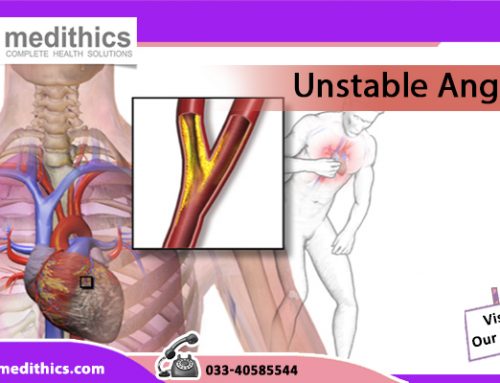When the pumping function of the heart gets weakened, heart failure happens. In India, more than 10 million people are affected every year by this condition that is very common. Hypertension, Coronary artery disease, Valvular heart disease, Atrial fibrillation and many other cardiac problems lead to this condition. The mortality rate of heart failure is very high but there can be an improved rate of survival with proper treatment and rehabilitation.
Congestive heart failure (CHF) is another term by which heart failure (HF) is also known. When the needs of the body cannot be met as the heart cannot pump sufficiently to maintain blood flow, this occurs. Shortness of breath, excessive tiredness, and leg swelling are some of the signs and symptoms. The shortness of breath may wake the person at night and is usually worse with exercise. One of the common features is a limited ability to exercise. People must contact heart specialists if they experience any such symptom for a checkup. Heart failure does not lead to chest pain including angina.
Common causes of heart failure include high blood pressure, atrial fibrillation, valvular heart disease, excess alcohol use, coronary artery disease including a previous myocardial infarction (heart attack), infection and cardiomyopathy.
These change either the structure or the functioning of the heart and in this way cause heart failure. This is mainly of two types: heart failure due to left ventricular dysfunction and heart failure with normal ejection fraction. The degree of problems faced during exercise plays a key role in deciding the severity of the disease. Myocardial infection and cardiac arrest are not the same as heart failure.
Other diseases that may have symptoms similar to heart failure include obesity, kidney failure, liver problems, anaemia and thyroid disease. Echocardiography helps to diagnose the condition. If there is an underlying cause, it may be determined by blood tests, electrocardiography, and chest radiography. The severity and cause of the disease help in deciding the mode of treatment. Treatment normally consists of different lifestyle modifications as well as medications in people with chronic stable mild heart failure. It is recommended to treat those with heart failure due to left ventricular dysfunction with the help of angiotensin-converting enzyme inhibitors or angiotensin receptor blockers along with beta blockers. You should take the advice of the best cardiologist for proper treatment.
Heart failure is a condition that is common, costly, and potentially fatal. Almost 2% of adults have heart failure in developed countries and this increase to 6–10% in those over the age of 65. The risk of death is about 35% in the year after diagnosis and after that, it decreases to below 10% each year.





